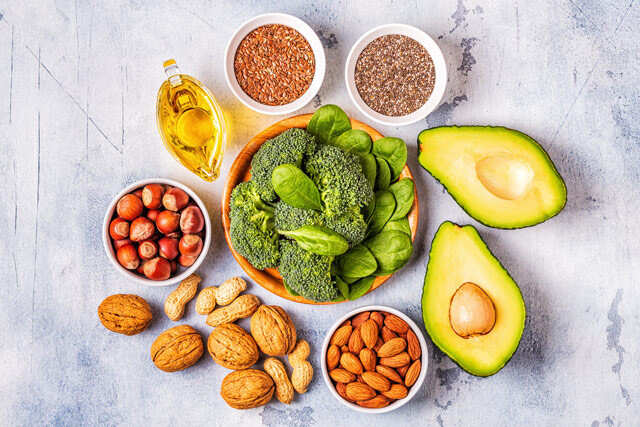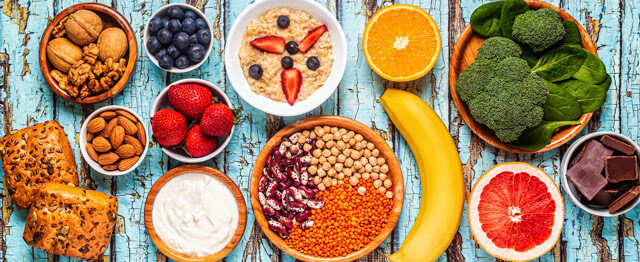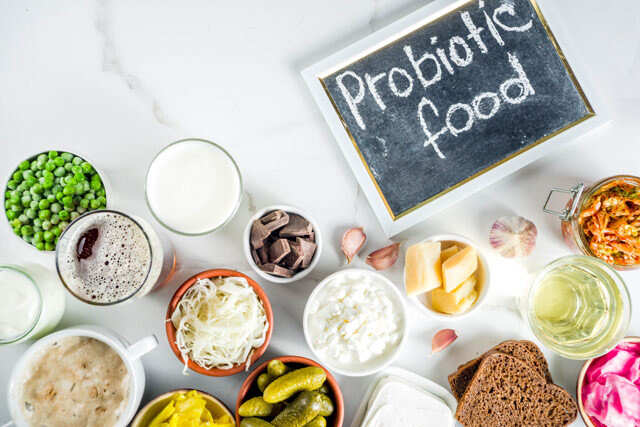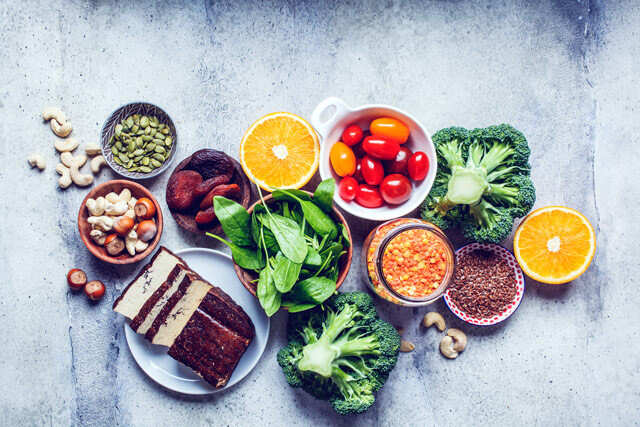Many of us are aware of the effects of maintaining a healthy diet on our physical health, but do you know how it benefits our mental health? More and more research is being conducted on the effect of food on both our overall mental health and serious mental disorders such as depression and anxiety. A well-balanced, nutrient-dense diet will make you feel better, increase energy levels, and think more clearly. Dietitian Vidhi Chawla, founder of Fisico Diet Clinic, who specialises in nutrition, lists some of the most common ways that food can influence your mood, as well as how to counteract them.
Mood Booster Foods

When you’re feeling down, it’s easy to turn to food to make you feel better. Omega-3 fatty acids are slowly becoming recognised as a promising treatment for depression and mood disorders. Omega-3 fatty acids help to maintain the fluidity of your brain’s cell membrane and appear to play important roles in brain development and cell signalling. The foods which are high in omega-3 fatty acids include salmon, tuna, oysters, chia seeds, walnuts, soybeans, flax seeds, avocado etc.
Happy Hormones Foods

It is impossible to avoid mental and emotional stress in today’s world. So, there is a great need to maintain mental peace, and minor improvements in diet can have a big effect on your mood. The happy hormone aka serotonin is a neurotransmitter that plays an important role in many biological processes, including mood control. It is also used in some antidepressant medications as well. Eating foods that increase serotonin levels is a sure way to feel well. The happy foods are berries, yoghurt, almonds, dark chocolate, bananas and eggs.
Happy Gut Foods

With the help of gut-friendly bacteria, 90 per cent of the happiness neurotransmitter serotonin is secreted in the gut. As a result, it is important to keep your gut in good health and shape. A disruption in gut serotonin can result in mood disorders or other serious illnesses. The best way is to keep your gut free of constipation, bloating, and acidity. Consume probiotic-rich foods such as kefir, sauerkraut, kimchi, yoghurt, and kombucha to build a strong army of good microbes. Sugar, processed foods, excess gluten, and alcohol should all be avoided.
Iron-rich Foods

Iron is essential for mood and mental health because it is involved in oxidative metabolism and the reduction of free radicals. Anaemia, or iron deficiency, can cause a variety of psychological symptoms, including anxiety, irritability, depression, and a decline in cognitive abilities (including poor concentration). On the other hand, optimal iron levels are required to feel energetic, focused, and to maintain a positive mood. Fortunately, there are plenty of good food options to help you meet your daily iron requirements. Spinach, legumes, red meat, quinoa, broccoli, and nuts are the healthy foods that are high in iron.
Bonding Over A Meal With Family And Friends

It’s not just about the food you eat, it’s also about how you eat. Sharing food with loved ones and bonding over meals has been linked to an increase in the oxytocin hormone, which reduces anxiety and fear and leads to a sense of being cared for and loved. Eating together is a wonderful experience that most societies and cultures use to encourage social bonding. Sharing food and drink activates oxytocin, which brings people together.

0Comments